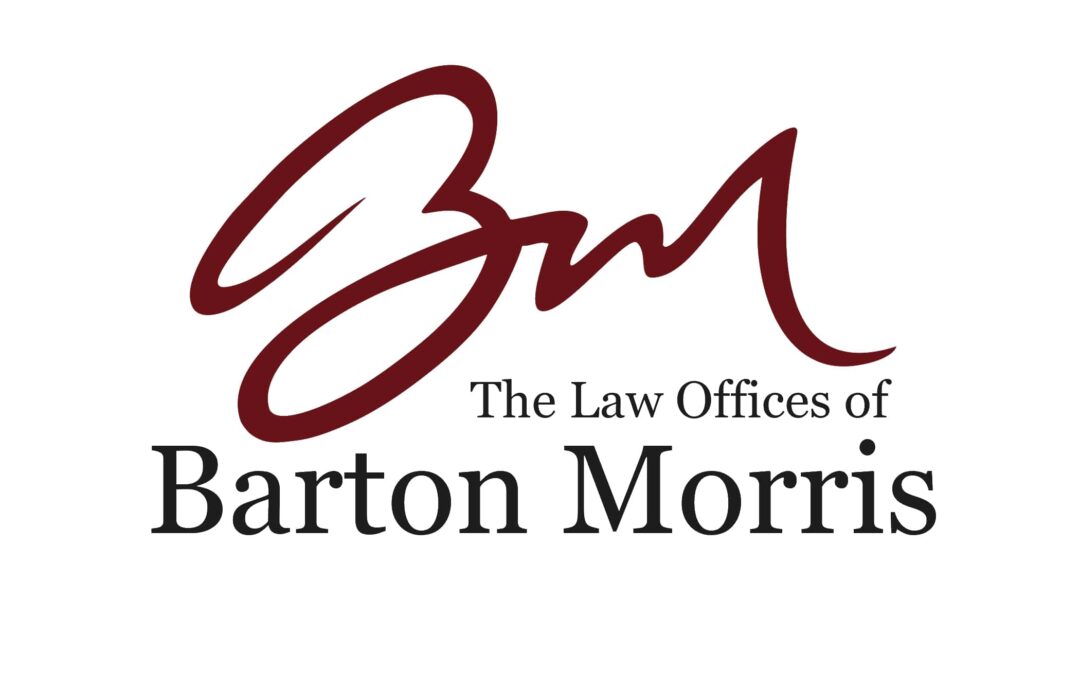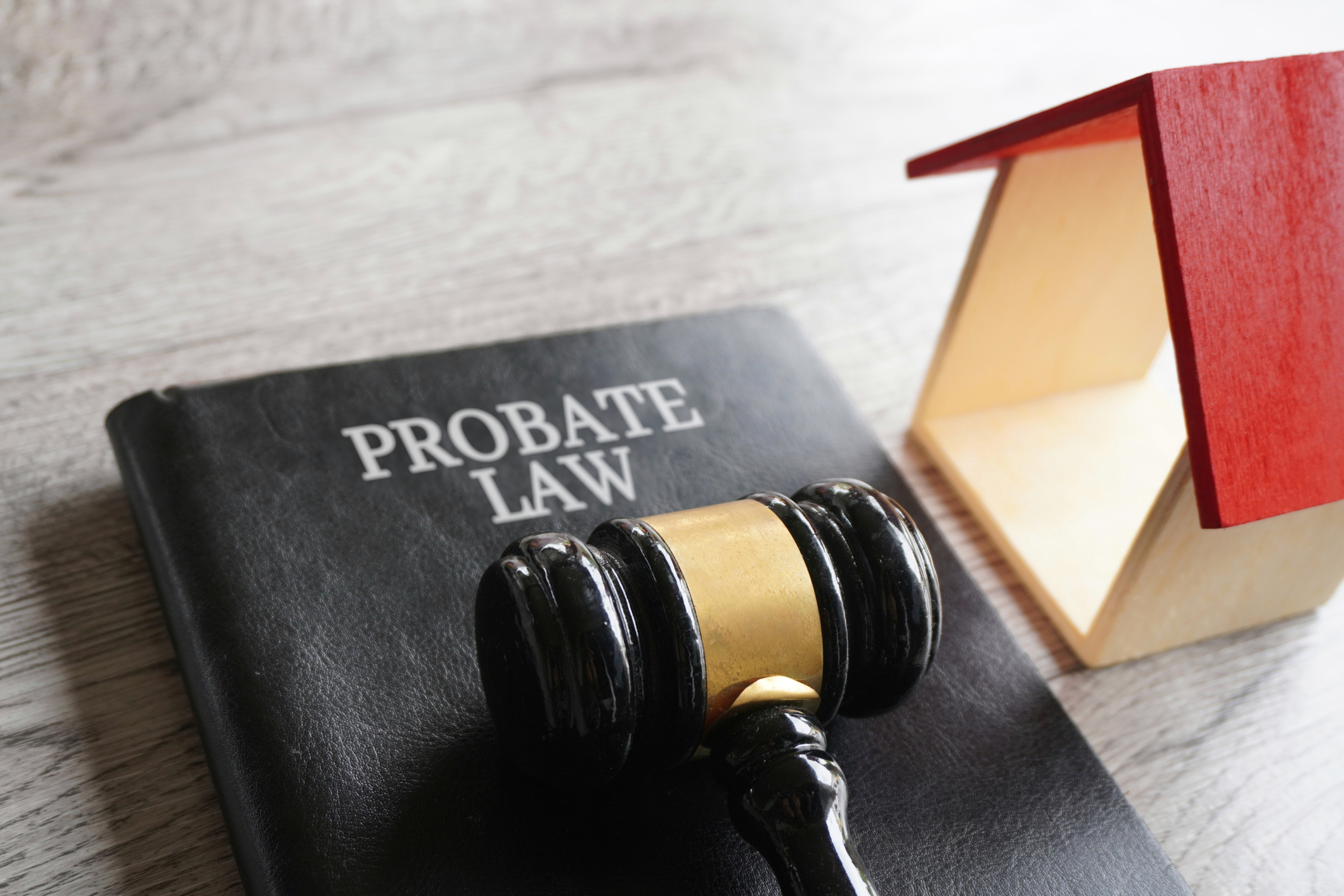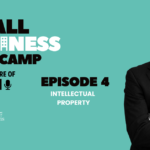How-To: Navigating Estate Probate
Losing a loved one is undoubtedly one of life’s most challenging experiences. Amidst the grief and emotional turmoil, the process of settling the deceased’s estate can be daunting. Probate, the legal procedure for validating a will and distributing assets, often becomes a source of stress and confusion. However, with careful and strategic navigation, it’s possible to minimize complications and streamline your estate, and avoid probate.
Understanding and Avoiding Probate:
Before delving into strategies to avoid complications, it’s crucial to grasp the basics of probate. Probate is a court-supervised process ensuring debt repayment and asset allocation. This is according to their will or state law if there’s no will present.
The process involves validating the will and appointing an executor or personal representative. Next, inventorying assets, paying debts and taxes, and finally, distributing the remaining assets to heirs.
Now, let’s explore effective strategies to navigate estate planning and avoid probate smoothly:
Avoid Probate: Create a Comprehensive Estate Plan
The foundation for a trouble-free probate process begins with proactive estate planning. Encourage your loved ones to create a plan that includes a well-drafted will, a power of attorney, and a healthcare directive. Clearly outlined wishes help streamline the probate process and reduce the likelihood of disputes among heirs.
Joint Ownership and Beneficiary Designations:
Consider structuring assets to bypass probate by opting for joint ownership or beneficiary designations. Assets held jointly with rights of survivorship automatically transfer to the surviving owner, avoiding probate. Similarly, designating beneficiaries for assets like life insurance policies and retirement accounts ensures these assets pass directly to the named individuals, sidestepping probate complexities.
Establish a Living Trust:
A living trust is a powerful tool for avoiding probate. By transferring assets into a trust, you maintain control and seamlessly pass them on to beneficiaries upon your death. Unlike probate, which is a public process, the details of a living trust remain private. Your goal should be to avoid probate wherever possible.
Keep Your Financial Records in Order:
Thorough record-keeping can significantly simplify the probate process. Maintain current records of all assets, debts, and important documents, including property deeds, financial account statements, and insurance policies. This organization minimizes the time and effort required for the executor to locate and distribute assets.
Open Communication with Heirs:
Communication is key to avoiding hurdles and disputes among heirs. Foster an open dialogue about your estate plan, ensuring your loved ones are aware of your wishes. This transparency can prevent conflicts during the probate process and promote a smoother distribution of assets.
Choose the Right Executor:
Selecting the right executor or personal representative is crucial to probate success. This individual is responsible for managing the estate. Choose someone trustworthy, organized, and capable of handling the tasks involved. Discuss your decision with the chosen executor in advance to ensure they are willing to take on this responsibility.
Regularly Update Your Plan:
Life is dynamic, and circumstances change. Regularly review and update your estate plan to reflect any changes in your current life. This could be your financial situation, family dynamics, or legal regulations. Keeping your estate plan current ensures it remains accurate of your wishes and reduces the potential complications during probate.
Conclusion
While the probate process may seem daunting, implementing these strategies can mitigate issues and provide peace of mind for you and your loved ones. By planning your estate, fostering open communication, and choosing the right tools, you can navigate the process with confidence, or avoid probate altogether. Thus, ensuring a smoother transition for your heirs during a challenging time. An estate plan is not only a reassurance to yourself, but also a lasting legacy for those you leave behind.






